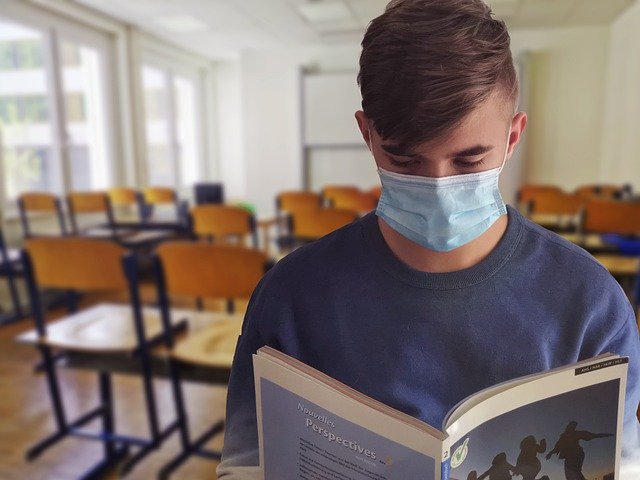NUS research reveals student views upon their return to student accommodation

As students return to campus ahead of the 2021/22 academic year, brand new research from NUS (@nusuk) has revealed how students are feeling as they return to campuses following 18 months of uncertainty.
The pandemic has impacted the mental health of students across the UK, with around half (47%) reporting that their mental health is worse now than before the pandemic. Isolation, loneliness and health concerns have led to increased levels of anxiety, stress, worry, depression, and sleep issues.
Despite reports of low levels of vaccine uptake among young people and students a very high number are vaccinated against Covid-19. By August 2021 83% of students had received at least one vaccination and a further 9% either having it booked in or intending to book. Given our survey closed over one month ago, this figure is now likely to be considerably higher.
Often demonised and labelled as irresponsible, returning to student accommodation is actually a source of worry to many students; three in five moving into halls of residences express concern about living with others. This is in part down to a fear of catching Covid-19 and others not following rules and good hygiene.
While concerns about Covid-19 remain prominent for students they are more likely to be worried about others than themselves, with 71% concerned about family members compared with 52% worried about their own welfare. Disabled students and those with caring responsibilities reported the highest levels of concern moving into halls.
Given a clear desire to be safe and responsible returning to campus, students showed overwhelming support for additional measures to minimise risk to each other. For example 64% of students agree that all students moving into shared accommodation should get tested for Coronavirus in advance, whilst just 11% disagreed.
Faced with new evidence on the anxiety students face as they relocate to student accommodation, NUS is calling on the Government to work with universities to ensure that once the academic year kicks off students are given the flexibility to continue acting in a socially responsible manner for the good of public health. This means blended teaching approaches, flexible tenancy contracts, access to mental health and wellbeing services and additional provisions for those particularly concerned about being back on campus. With cases of covid-19 on the rise prior to the start of term it also means not scapegoating students should the situation worsen.
Hillary Gyebi-Ababio, NUS UK Vice President for Higher Education, commented:
“It’s brilliant news that such an overwhelming majority of students have been vaccinated against Covid-19, and I’m not surprised – throughout the pandemic, I’ve constantly been hearing from students who were eager to get jabbed.
“In a period of such uncertainty, where too many students have been suffering from stress and anxiety, or who remain in debt or hardship having paid for accommodation they were then told not to live in for much of last year, the Government must finally acknowledge that the education system is broken. Students deserve better; I would be happy to meet with the new Education Secretary and discuss how we can begin to build the student movement’s vision of a fully- funded, accessible, lifelong, and democratised education.”

Responses